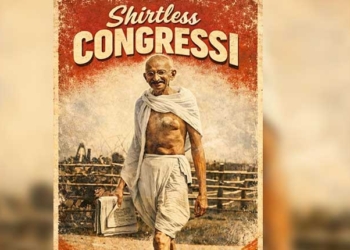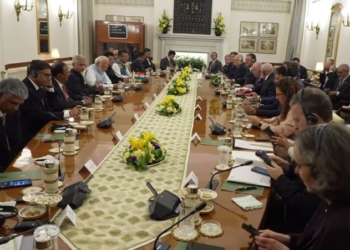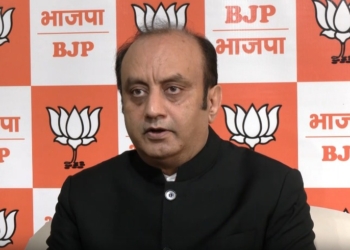New Delhi: The Supreme Court on Monday said that it has no reasons to disbelieve that the Union government is taking all steps in accordance with the scientific Action Plan for introduction of cheetahs in India.
A bench of Justices B.R. Gavai, P.S. Narasimha, and Prashant Kumar Mishra said the inclusion of an expert on Steering Committee of Project Cheetah is the exclusive domain of the Central government and the court cannot thrust any expert in the panel as the court itself is not an expert in the matter.
“The number of deaths is not low given the fact that 20 cheetahs were translocated. But the general public is concerned about what is being done about the deaths,” remarked the bench as nine cheetahs have died so far at Kuno National Park.
The National Tiger Conservation Authority (NTCA) said that the cheetahs are showing signs of adapting well in Indian conditions and a dedicated team of forest officials, experts, and veterinarians are undertaking 24×7 monitoring of cheetahs. It further added that in terms of the Action Plan, 12-14 cheetahs per year will be introduced from African countries over the next 5 years, subject to their availability.
The Union government informed the Supreme Court that the Steering Committee will decide feasibility and implementation of the suggestions received from the experts in the best interests of augmenting the objectives of Project Cheetah. It has maintained before the Supreme Court that none of the cheetahs in Madhya Pradesh’s Kuno National Park had died due to unnatural reasons such as poaching, snaring, poisoning, road hits, electrocution, etc.
The affidavit filed by the Ministry of Environment Forest & Climate Change said that “cheetahs in general have very low survival rates, i.e., less than 50 per cent in adults in non-introduced populations”.
The reply said in the case of introduced population, the survival rates may lead to about 10 per cent survival in cubs. The Union government submitted that the veterinary care, day to day management and monitoring and other aspects relating to ecology and behaviour of cheetahs is being done by the NTCA in consultation with international experienced experts.
In view of the above submissions, the top court decided to close the proceedings initiated before it over the death of cheetahs. Earlier on July 20, the Supreme Court had asked the Centre to take some positive steps over the death of eight (now nine) cheetahs at Kuno in a span of four months and called for an updated status report in the matter.
The bench had suggested the government to consider if cheetahs could be relocated to other locations, like in Jawai National Park in Rajasthan.
The NTCA told the Supreme Court, after consulting experts, that the Mukundra Tiger Reserve, Rajasthan is not suited to accommodate cheetahs as there were five tiger deaths/disappearances in 2020 within a very short span of time. The tiger reserve has a large number of feral cattle carrying a significant amount of parasitic load which can be detrimental to the survival chances to the cheetahs, it added.
Six adult cheetahs among the 20 brought into Kuno from Africa and three of the four cubs born in Kuno have died since March. A total of 20 cheetahs were introduced at Kuno National Park in two phases. In the first phase, eight cheetahs were translocated from Namibia and they were released by Prime Minister Narendra Modi on September 17 last year. In the second phase, 12 cheetahs were brought from South Africa on February 18.
(IANS)















